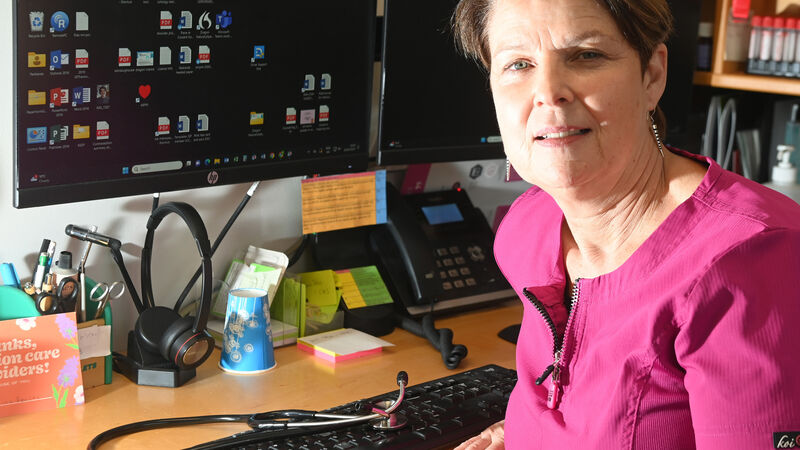Twelve of Ireland's maternity hospitals still do not offer surgical abortions

Cork GP Dr Mary Favier: 'I think come this summer we will have 17 of the 19 providing a service, but this time last year there were 11. That makes a huge difference for GPs. Picture; Eddie O'Hare
Almost six years on from the Repeal referendum, 12 of the 19 maternity hospitals in Ireland are not offering surgical abortions, even though it is legal to do so.
Only three hospitals in the country now offer all three legal methods of termination — surgical and medical abortions and manual vacuum aspiration.










